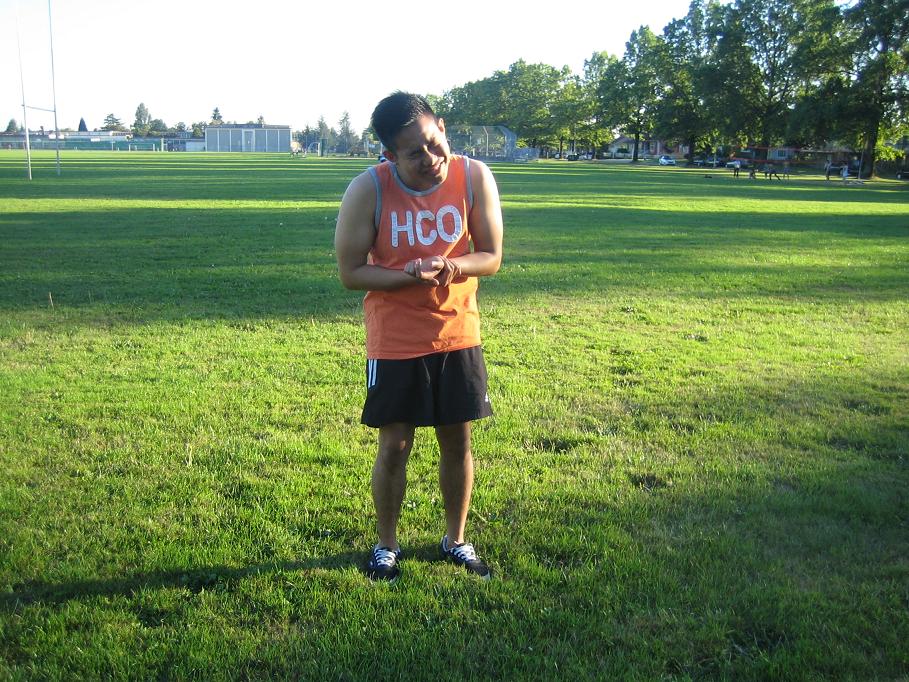Pruritus is an uncomfortable sensation that results to scratching. This condition is also called itch and usually caused by skin disorder such as atopic dermatitis, xerosis, psoriasis, urticaria, mastocytosis, arthropod assault and pemphigoid. Older people are more susceptible to this condition because their skin usually becomes dry as they grow older. In addition, continuous scratching can result to thickening of areas of the skin, bleed and becomes infected.
Symptoms
- Sometimes itching can happen on any areas of the skin without changes on the skin.
- Redness of the skin
- Leathery or scaly texture of the skin
- Bumps spots or blisters
- Cracked and dry skin
- Rashes
- Flaky scalp
Causes

- Conditions of skin such as psoriasis, scabies, eczema, chickenpox, lice and hives.
- Dry skin due to old age, long-term use of air conditioning or heating
- Nerve disorders such as diabetes mellitus, shingles, pinched nerves and multiple sclerosis
- Allergic reactions on chemicals, wool, and soaps
- Internal diseases that includes kidney failure, thyroid problem, liver disease, iron deficiency anemia and lymphoma
- Reactions to antibiotics, antifungal medication and narcotic pain medications
- Itching of the abdomen and thighs during pregnancy
Treatment for pruritus
- Avoid scratching the affected area, to prevent making it itchier. Generally, cover the area using band-aids or gauze strips, trim nails short and wear clothing that covers the affected area.
- Run cool tap water over the area to reduce the itchy sensations. Soak a washcloth in cold water, wring out the excess and place on the area until itchiness totally disappears.
- Use over-the-counter anti-itch creams that contains camphor, phenol and benzocaine that numbs nerve endings and lessen the itching.
- Apply calamine lotion with 4% menthol to minimize the itchiness of the area.
- Use the prescribed over-the-counter antihistamines to reduce the pain and the itchiness.
- Take the prescribed 1% hydrocortisone to alleviate the itchiness due to eczema or seborrhea.
- Take an oatmeal bath to relieve itchiness of the area. Dissolve colloidal oatmeal in a bathtub filled with warm water. Mix them well until oatmeal is totally dissolved and then soak in the solution for at least 15-20 minutes and then pat dry the body.
- Wear loose-fitting clothes and smooth textured fabrics such as silk or cotton to prevent further irritation on the affected area and delays the healing. Avoid tight or constricting clothes. Avoid using clothes made from wool.
Tips
- Apply sunscreen on exposed skin when outside to prevent sunburn and result to itching.
- Avoid sunshine during peak hours from 10 am and 2 pm. These periods are high in UV radiation.
- Use high quality moisturizer at least once or twice every day.
FACT CHECK
https://emedicine.medscape.com/article/1098029-overview
https://www.mayoclinic.org/diseases-conditions/itchy-skin/symptoms-causes/syc-20355006
https://www.webmd.com/skin-problems-and-treatments/guide/skin-conditions-pruritus
